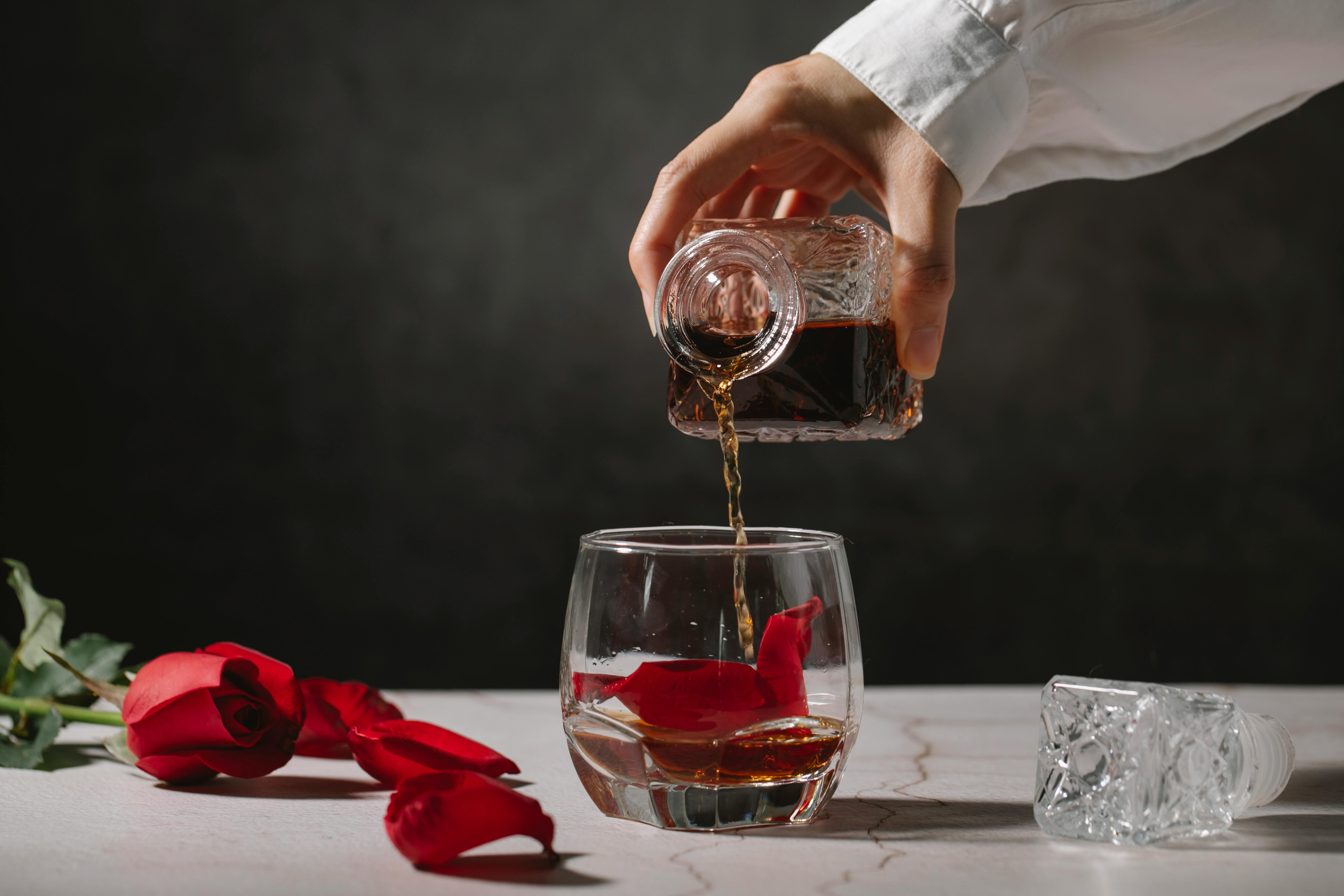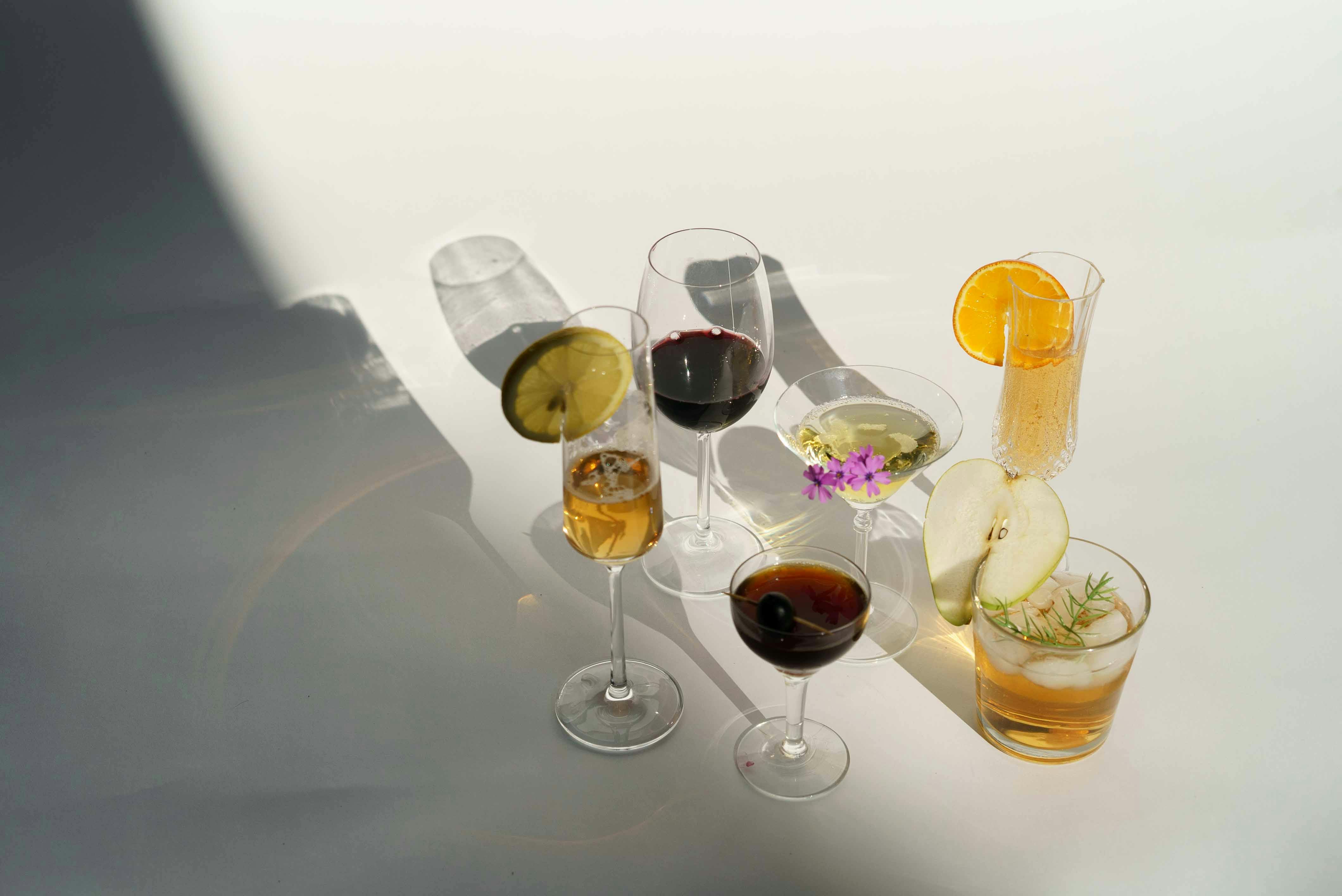How is Brandy Made?
Brandy is a distilled alcoholic beverage made from fermented fruit juice, most commonly grapes. Brandy production typically begins with a wine made from pressing the fruit and fermenting it with yeast. The wine is then distilled to increase the alcohol content. The resulting distillate, known as “wine spirit,” can then be aged in oak barrels to add color and flavor. The aging process also helps to mellow the flavor and reduce the harshness of the alcohol. Once the desired age has been reached, the brandy is then cut with water and filtered before bottling. Depending on the type of brandy, additional ingredients such as spices or caramel may be added as well.The length of time that brandy spends aging can vary greatly depending on the type of brandy being produced. For example, cognac must be aged for at least two years in oak barrels in order to be labeled as such. Other brandies may be aged for up to 25 years or more in order to achieve their desired flavor profile. Once bottled, brandy can continue to age and develop further complexity over time if kept in optimal storage conditions.
Distilling vs Fermenting
Distilling and fermenting are both processes used to produce various types of beverages, including beer, wine, spirits, and cider. The two processes differ in their methods and the end products they produce. Distilling is the process of purifying a liquid by vaporizing it and condensing the vapor back into a liquid form. This process can be used to create spirits such as whiskey, vodka, gin, and brandy. Fermenting is the process of breaking down sugar molecules into alcohol using yeast or bacteria. This process is used to create beer, wine, cider, and other alcoholic beverages.The key difference between distilling and fermenting is that distilling removes impurities from a liquid while fermenting converts sugar into alcohol. Distillation involves heating a liquid until it boils and then capturing the resulting vapor which condenses back into a liquid form. The resulting liquid has fewer impurities than the original liquid due to the separation of volatile components during the boiling process. Fermenting involves adding yeast or bacteria to a sugary solution which then breaks down the sugar molecules into alcohol and carbon dioxide gas.
How Is Brandy Produced?
Brandy is an alcoholic beverage produced through the process of distillation. Distillation is a process in which a fermented liquid, such as wine, is heated and vaporized then condensed into a concentrated liquid. This process results in a higher concentration of alcohol than that which was present in the original fermented product. Brandy can also be produced through a process of double distillation, resulting in an even higher alcoholic content. In this method, the vaporized liquid is re-condensed before being passed through the process again.Fermentation is also used in the production of brandy but it refers to the initial step of producing the base alcohol from fruit, such as grapes or apples, that will eventually be distilled into brandy. The fermentation process converts sugars present in the fruit into ethyl alcohol resulting in a wine-like beverage with relatively low alcoholic content compared to what will eventually be produced after distillation.In conclusion, brandy is produced through both processes of distillation and fermentation. The fermentation stage produces an initial alcoholic solution while distillation increases its concentration and strength.

Steps Involved in Making Brandy
The process of making brandy starts with a base liquor, typically wine. The wine is distilled to remove impurities and increase the alcohol content. During this process, the volatile compounds in the wine are removed and only the alcohol remains. After distillation, the brandy is aged in oak barrels for several years to impart flavor and aroma. The aging process also allows for evaporation, which concentrates the flavor and aroma of the brandy.Once it has been aged, the brandy is filtered to remove any sediment or residue from the barrel aging process. Filtering also clarifies the color of the brandy and removes any remaining impurities. After filtering, it is ready to be bottled and labeled with its age statements or other information about its production.
Finally, after it has been bottled, it is ready to be enjoyed! Brandy can be served neat or with a mixer such as tonic water or soda water. It can also be used to make cocktails such as an Old-Fashioned or a Manhattan. No matter how you choose to enjoy your
Is Brandy a Distilled Spirit Like Rum?
Brandy and rum are both distilled spirits, but their base ingredients differ significantly. Brandy is made from fermented fruit, while rum comes from sugarcane or molasses. Understanding the distillation process of each beverage brings clarity to what makes rum distilled, highlighting the nuances that make them unique.
Is Brandy Considered a Type of Distilled Spirit?
Brandy, often enjoyed after dinner, is indeed a type of distilled spirit. Its rich flavors, derived from fermented fruit, highlight the art of distillation. For enthusiasts, understanding the world of distilled spirits opens doors to appreciating the nuances in taste, craftsmanship, and history that each bottle represents.
Types of Brandy Made Through Distillation or Fermentation
Brandy is a type of distilled alcoholic beverage that is made from fermented fruit juice, most commonly grapes. The distillation process concentrates the alcohol and flavor of the base material, resulting in a strong, flavorful spirit. There are several types of brandy that are produced through distillation or fermentation:Cognac
Cognac is a type of brandy made in the Cognac region of western France. It is produced using high-quality white wine grapes and double-distilled in copper pot stills. The resulting spirit must be aged for at least two years in oak barrels before it can be called Cognac. It is often blended with other spirits to produce a variety of flavors.Armagnac
Armagnac is another type of French brandy that is produced in the Armagnac region. It is made from a variety of grape varieties and double-distilled in copper pot stills. After distillation, it must be aged for at least twoHow Does the Temperature Affect the Distillation of Brandy?
The temperature at which brandy is distilled can have a big impact on the quality of the finished product. As with any type of distillation, higher temperatures will increase vaporization rate, leading to a more concentrated and flavorful product. The ideal temperature for brandy distillation is between 78-82 degrees Celsius. Any lower and the brandy will not be as strong or flavorful; any higher and it could cause the alcohol to evaporate too quickly.When it comes to the distillation process, too much heat can damage some of the volatile compounds that give brandy its flavor and aroma. If overheated, some of these compounds can break down or evaporate completely, leaving a product with a harsh taste and smell. Conversely, too little heat can lead to an incomplete distillation process, resulting in an overly sweet or bland brandy that lacks complexity and depth of flavor.
The temperature also affects how long it takes for each batch of brandy to be distilled. Higher temperatures mean faster vaporization rates, allowing for quicker production times; however, this quicker production also means less time for

Conclusion
Brandy is a type of distilled spirit made from fermented fruit juice. The fermentation process begins with crushing the fruit and extracting the juice, which is then mixed with yeast and allowed to ferment. This produces an alcoholic liquid called “wine”. The wine is then heated in a pot still, which vaporizes the alcohol from the liquid, producing a spirit called brandy. This brandy is then aged in oak barrels to improve its flavour and colour.Overall, brandy is produced through a combination of both fermentation and distillation processes. The fermentation process produces the wine that is then distilled to produce the brandy. By aging this spirit in oak barrels, it takes on its characteristic flavour and colour before being bottled and enjoyed by many around the world.In conclusion, while there are many different types of spirits made from fermented products, brandy stands out as one of the most popular options due to its unique flavour and history. It’s an excellent choice for those looking to enjoy a classic distilled spirit that has been perfected over centuries.

